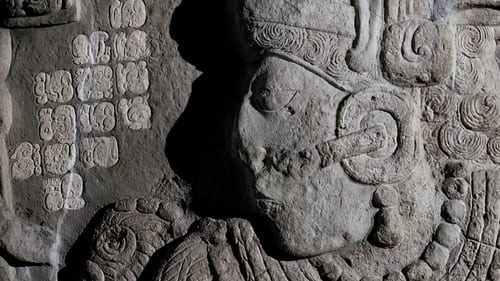Michael D. Coe
Historia
From Wikipedia, the free encyclopedia.
Michael D. Coe (born 1929) is an American archaeologist, anthropologist, epigrapher and author. Primarily known for his research in the field of pre-Columbian Mesoamerican studies (and in particular, for his work on the Maya civilization, where he is regarded as one of the foremost Mayanist scholars of the latter 20th century), Coe has also made extensive investigations across a variety of other archaeological sites in North and South America. He has also specialised in comparative studies of ancient tropical forest civilizations, such as those of Central America and Southeast Asia. He currently (as of 2005) holds the chair of Charles J. MacCurdy Professor of Anthropology, Emeritus, Yale University, and is Curator Emeritus of the Anthropology collection in the Peabody Museum of Natural History, where he had been Curator from 1968 to 1994.
Coe worked for the CIA as a part of the front organization Western Enterprises in Taiwan created to subvert Mao's China. Reference Tim Weiner's book, Legacy of Ashes: The History of the CIA.
With over four decades of active research experience, Coe is a prolific author of scientific papers across a broad range of archaeological, anthropological and ethnohistorical topics. He has also authored a number of popular works for the non-specialist audience, several of which have been best-selling and much reprinted, such as The Maya (1966) and Breaking the Maya Code (1992). He also co-authored the book Mexico: From the Olmecs to the Aztecs (1962) with Rex Koontz.
Coe received his Ph.D. in anthropology from Harvard University in the early 1950s. Shortly after commencing his graduate studies program there, in 1955 he married the daughter of the noted evolutionary biologist and Russian émigré Theodosius Dobzhansky, Sophie, who was then an undergraduate anthropology student at Radcliffe College. Sophie translated from Russian, the work of epigrapher, Yuri Valentinovich Knorosov, "The Writing of the Maya Indians" (1967). Knorosov based his studies on De Landa's phonetic alphabet and is credited with originally breaking the Maya code.
Description above from the Wikipedia article Michael D. Coe, licensed under CC-BY-SA, full list of contributors on Wikipedia.

